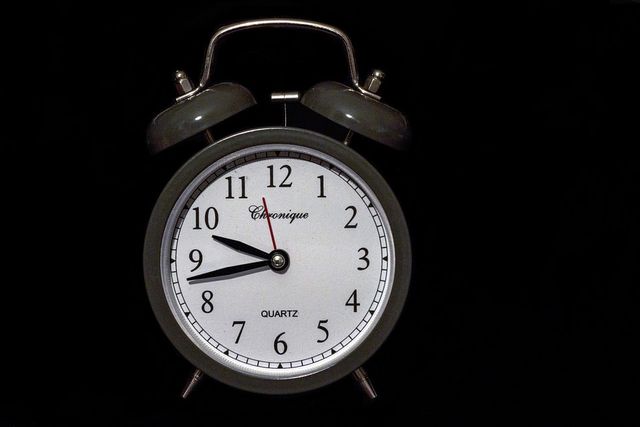
Have you ever wondered what it is like being a FIFO worker? Here's a firsthand account of the work and lifestyle.
Have you ever wondered what it is like being a FIFO worker? Well, I hope you don’t mind early starts and long days. Here’s a firsthand account from someone who has been living the FIFO lifestyle.
The commute to work starts early
My roster begins bright and early on a Tuesday at 3.45am, with an alarm screeching in my ear. It is still pitch-black outside, but in winter it is even worse. Check-in is at 5am and with a 30-minute drive to the airport; there is no time to waste. I have time to shower, grab a piece of toast and dress ready for work — boots and all — before I’m out the door and into the car by 4:15am for the drive to the airport.
I get to the airport with a few minutes to spare and as always the longest line is for the coffee van parked outside the terminal. We board at 5.40am and take-off is 5.55am. The airspace over Perth is one of the busiest around, thanks to the number of planes taking FIFO workers out to their sites. There is always a line of planes waiting to take off.
Flying time is generally 90 minutes and we arrive at camp at 7.45am. There is usually enough time to drop my bag off, grab some takeaway lunch and get on the bus for the five-minute ride to site. There it is time to catch up with my back-to-back, talk about the last six days, catch up with the outgoing crews and ensure I have covered off on the previous week — as this crew is out on R&R today and my crew takes over.
The day-to-day reality of the FIFO life
There are production, safety and planning meetings to attend and a week’s worth of emails to reply to. My first day usually ends around 7.00pm — some 15 hours after my alarm. I head back to the village, grab some takeaway dinner, head to my room, shower, eat, call home and maybe catch the 8.30pm news. Thus ends day one of eight.
The next seven days I’m up at 4.30am and have breakfast at work for shift change at 5.30am. Each day ends at a similar time to day one. I generally work 13 or more hours on site for days two to seven. In total, I get about 56 hours of sleep while I’m on site for seven nights.
Day eight is fly-out day. If I am lucky and nothing needs my attention, I have time to get back to the village, shower and change before catching the plane home at 4.30pm. I walk through the front door of my home by 7pm.
My FIFO life by numbers
Here are my statistics for the fortnight:
Hours worked: 106
Hours slept: 105 (average seven on site, eight on “R&R”)
Hours flying: 6
R&R (and awake): 84
Meals and travel (at work and home): 35